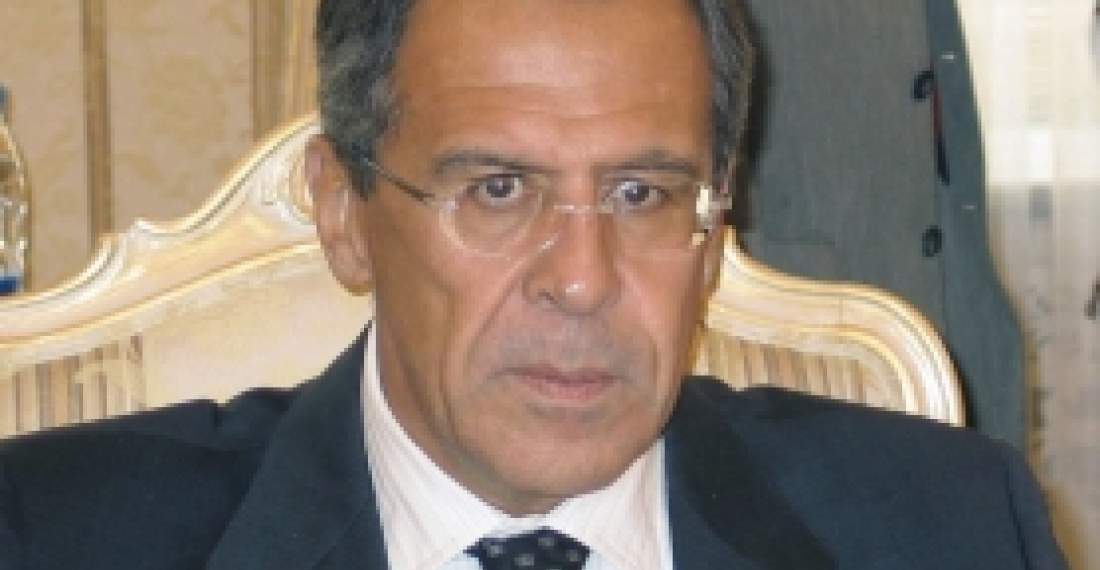Ереван, 23.01.13. АрмИнфо.
Россия вместе с другими членами МГ ОБСЕ будет продолжать усилия по урегулированию нагорно-карабахского конфликта, сказал на брифинге в Москве глава МИД России Сергей Лавров, передает телеканал Россия 24.
"Если мы хотим решить вопрос на практике, то необходимо действовать как сопредседатели МГ ОБСЕ"- сказал министр.
По словам Лаврова, сопредседатели МГ ОБСЕ в течение нескольких лет вели работу по подготовке договора по урегулированию нагорно-карабахского конфликта, но стороны не согласовали пункты окончательного документа по урегулированию.
"В мае 2010 года на саммите "восьмерки" президенты России США и Франции приняли заявление, в котором призвали Баку и Ереван одобрить документ по урегулированию, но на встрече президентов сторон конфликта в Казани документ одобрен не был", - сказал министр.
По словам Лаврова, министры иностранных дел сторон нагорно-карабахского конфликта на данном этапе переговоров встречаются, работа продолжается, сопредседателями МГ ОБСЕ сторонам был предложен усеченный вариант документа по урегулированию, однако пока результатов нет.
АрмИнфо: Россия будет продолжать свои усилия по разрешению нагорно-карабахского конфликта.
АрмИнфо: Россия будет продолжать свои усилия по разрешению нагорно-карабахского конфликта.






